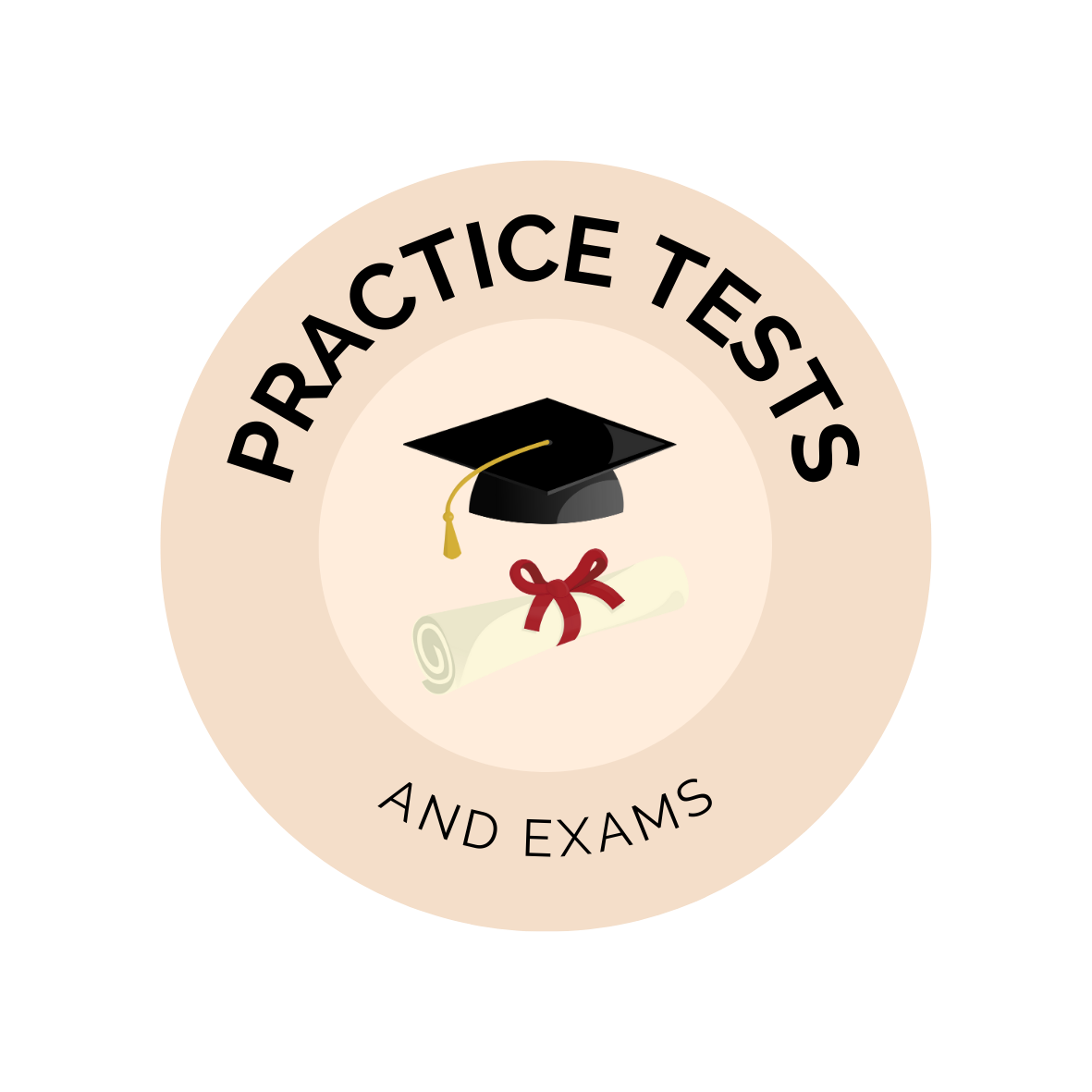Avoiding Direct Speech in Selective School Written Expression Tests
Taking writing tests in selective schools can greatly affect a student's success. One important part of these tests is the written expression test. To improve their scores, students should practice writing with good test samples.
In this article, we'll talk about how not using direct speech or quotation marks can help your child do better in written expression tests.
What is Direct Speech?
Let's start by understanding what direct speech is. It refers to the act of writing exactly what someone says, usually inside quotation marks. For example:
Example 1: "I'm hungry," said John.
Example 2: "She is late again!" exclaimed David.
Example 3: "This movie is amazing," claimed Emily.
Although direct speech can help make a story lively and dialogue-like, excessive use of it during written expression tests can be counter-productive.
The Problem with Using Too Much Direct Speech
Some students use a lot of quotation marks or direct speech in their writing tests. While this can make a story more lifelike, using it too much can lower their marks in written expression tests.
These tests check if students can express feelings, thoughts and ideas well through writing. Too many quotation marks can make writing less emotional and engaging. This makes the writing seem too basic and not captivating.
To excel in writing tests, students need to share emotions and ideas without relying on excessive speech. A compelling story with abundant details and a powerful atmosphere is more likely to impress the evaluators during the tests.
The Benefits of Using Descriptive Writing
When students use descriptive writing instead of speech, their stories become more interesting and show a deeper understanding of characters and emotions. Here are some examples:
Example 1
With quotation marks:
"I can't find my teddy bear! It's lost!" Tommy cried.
Without quotation marks:
Feeling sad and lost without it, Tommy's eyes filled with tears as he searched for his teddy bear.
Example 2
With quotation marks:
"Wow, this is the best chocolate cake I've ever tasted!" Emma exclaimed.
Without quotation marks:
Emma's eyes lit up as she tasted the chocolate cake, enjoying the yummy flavor and thinking it was the best cake ever.
Example 3
With quotation marks:
"I am so scared of that big dog. I don't want to go near it," Lily said.
Without quotation marks:
Lily looked nervously at the big dog, scared and tried to stay away from it.
These examples show how using descriptive writing instead of direct speech brings stories to life, helping readers picture the scenes and feel the emotions.
Tips for Doing Well in Creative Writing Test
To help your child do well in creative writing tests, try these tips to improve their writing skills:
1. Let your child read many different books to learn new words and different ways of writing.

2. Give them different writing practice materials and samples and help them practice writing stories without using too much speech.
3. Teach your child to "show, not tell." Instead of using dialogue, encourage them to write descriptive sentences that show emotions and grab the reader's attention.
Final Words
Help your child outshine in writing tests by concentrating on descriptive writing and not overusing quotation marks. Regular practice and honing their writing skills will set them up for success in exams like QASMT or Brisbane State High School Entrance tests.
Browse our resources, both free and paid. And remember, if you need guidance, don't hesitate to get in touch with us.
Good luck!





0 comments